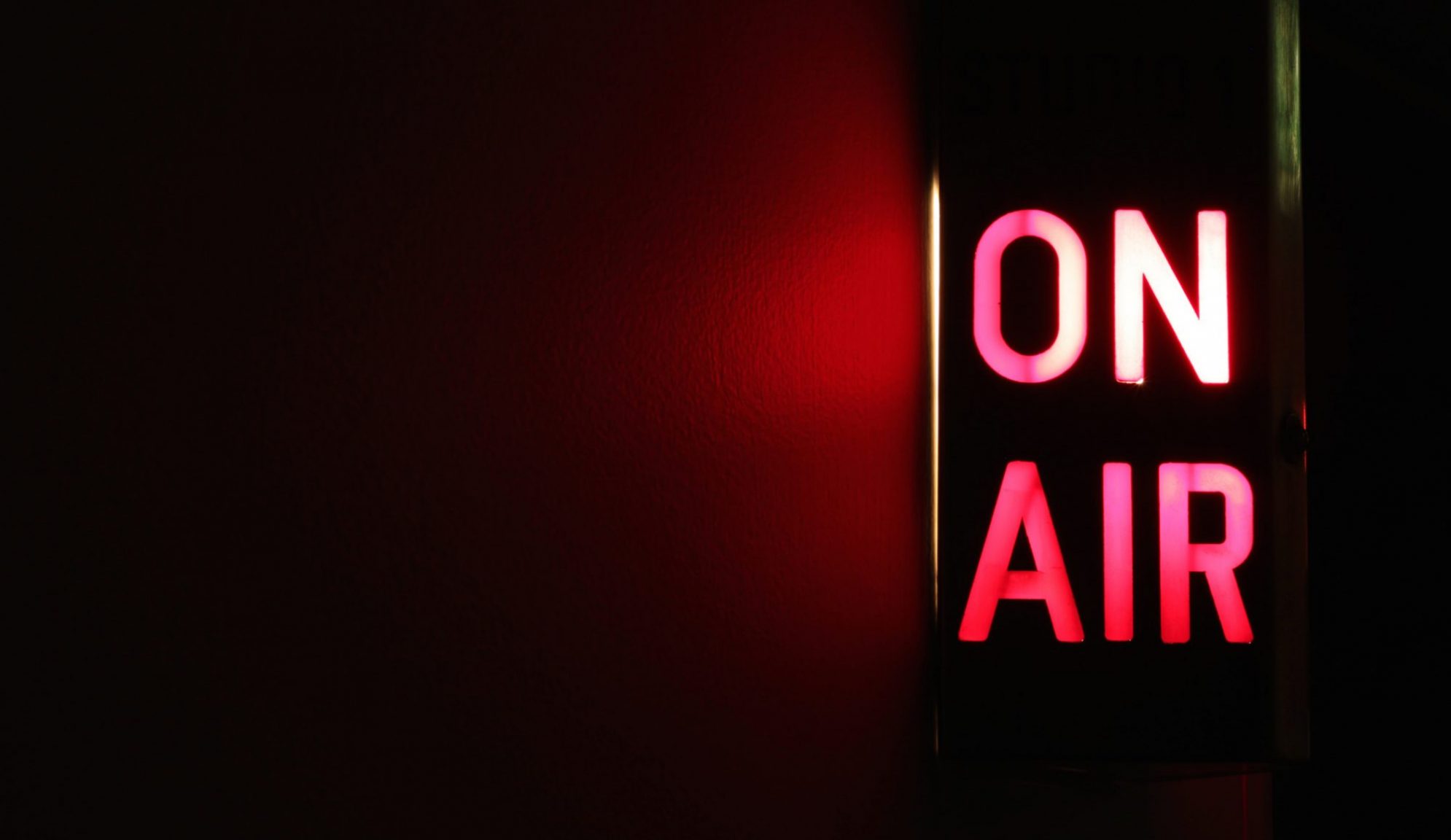
In the spotlight: how to use television interview techniques to your advantage
The BBC Six O’Clock News reaches around five million people per day. Appearing on broadcast media remains one of the most effective ways of getting your message across to a mass audience. And through a medium that they trust. Ofcom research shows TV is the most-used platform for news, still ahead of online, radio and print.
But with so many eyes and ears on you, and the potential to share the screen with journalistic juggernauts – think Paxman. Kuenssberg. Maitlis. – it can feel daunting to agree to a TV interview.
Give yourself the best chances of success by following the TV interview training tips below – crafted by award-winning BBC broadcast journalist, and Freshwater chief executive, John Underwood.
TV interview techniques – why you need to prepare
There are countless reasons why getting TV broadcast interviews right is a must. It’s an opportunity to get your message across. Raise your profile. Build credibility. And to position you as a thought leader in your industry.
By contrast, get it wrong and you put everything from your reputation to your bottom line at risk. TV broadcast interviews can, and do, backfire. The risks are magnified by social media and online content, where an interview faux pas can live online forever (we’ve all seen the coverage of the Sainsbury’s CEO singing “we’re in the money” shortly before a broadcast announcement of their planned merger with Asda go viral).
TV interview tips – making the most of the opportunity
You can find yourself in front of the camera for different reasons. Maybe you are launching a first-of-a-kind study. Maybe you need to respond to a reputational threat facing your organisation. Make sure you make the most of your TV interview by following these simple TV interview training tips.
Have something to say
We can’t overstate how important preparation is to a successful broadcast interview. Use the time ahead of the interview to work out what you want to say. It’s not a question of what the journalist will ask you, but what you are going to tell them.
This doesn’t mean you can disregard TV broadcasting interview questions. You will need to make reference to the question, but using techniques like bridging in your response to bring it back to your agenda. Every question should be considered an opportunity for you to put your message across.
Say something new
There’s a simple reason why newspapers are called what they are. You should always try to say something new and interesting, this is particularly true when proactively going in front of the camera. The BBC defines news as “new, true and interesting” – follow that mantra and you can expect to be invited back again and again as a media commentator.
Keep it short and simple
Don’t talk for too long. Give your message and provide examples in a succinct fashion, to avoid straying accidentally into territory you aren’t prepared for. Thirty seconds feels longer than you think when you’re looking down a lens. Keep your words short and simple too. Think about how a layperson would understand what you’re trying to say.
Every profession has its own jargon – whether it’s the health service or the financial sector. Remember, specialist jargon is exclusive but your objective is to help as many people as possible to understand your message. Too much jargon and your audience will simply not listen, or the journalist may try to translate what you have said into language they think the audience will understand. This could put a different emphasis on your message, potentially leaving you misrepresented.
Think about what to wear for your TV interview
Knowing what to wear for TV interviews is important. You need to feel comfortable of course, but also consider whether your TV interview outfit will translate well on camera (as a general rule, block bold colours look better than patterns). Then there’s the more complex element.
When you appear on television, you aren’t just conveying a message based on what you say. But also by how you look. You should think about consolidating your message with the way you look – such as dressing in your professional ‘uniform’.
These are just a small handful of TV interview tips to get you on your way, when an opportunity to appear in the media arises. The secret to success is to ensure that you, as the interviewee, establish as much control and influence over the process as possible. It’s easy to be daunted by a broadcast journalist’s technical expertise on the surface, but you can keep control if you are confident. And can be confident if you are well prepared.
We have an award-winning team of communication trainers who have provided TV interview training courses in the UK and internationally for over two decades. We create tailored communication skills courses, including media interview training, to help our clients address specific organisational goals and maximise media opportunities. Learn more about our communication training services here.
